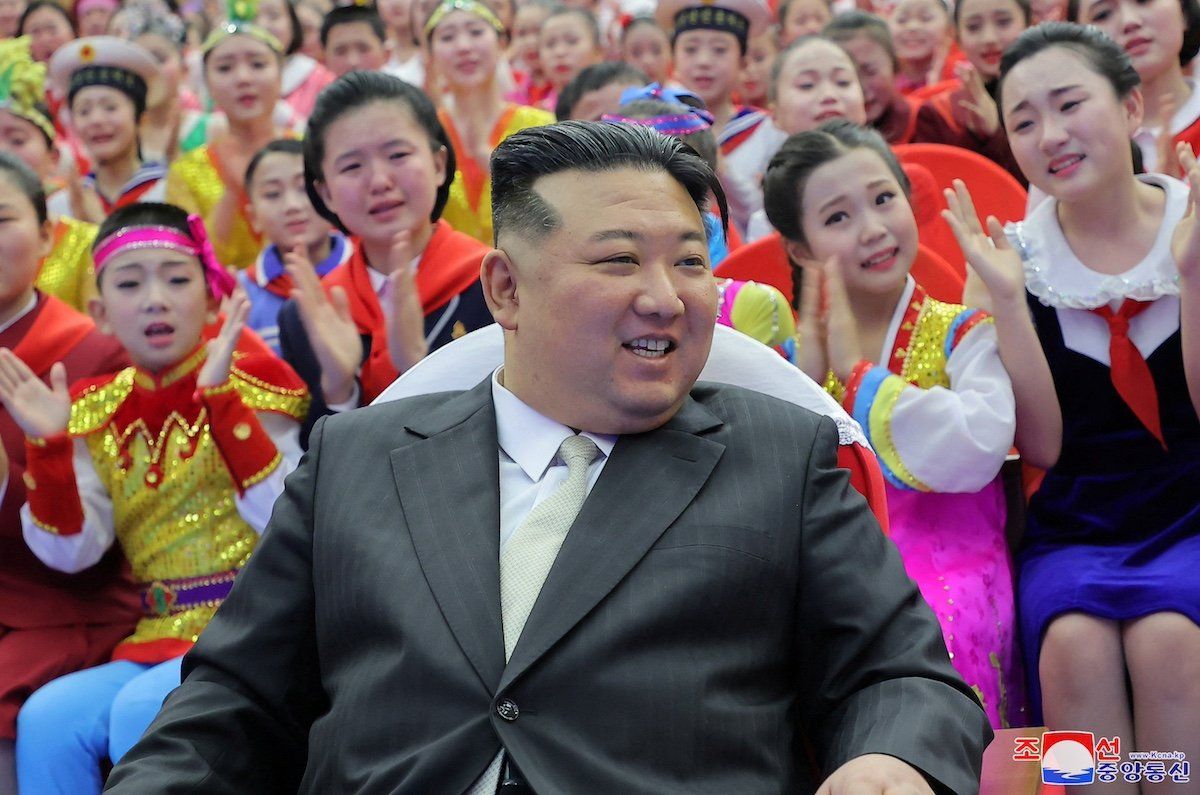Kim Jong Un sent out New Year’s greetings to his neighbors this week, vowing to “thoroughly annihilate” his colleagues in Seoul and the United States if they threatened him. He also rejected the notion of reconciliation and reunification with South Korea after nearly 80 years of separation. It was a “mistake,” Kim said, to have pursued deals with “a colonial puppet of the United States.”
Kim had gladder tidings for Chinese President Xi Jinping, with the two exchanging New Year’s letters with promises that 2024 would be “a year of China-DPRK friendship.” But this isn’t about Xi and Kim being chummy; it’s all about timing – and Russia. This follows a year in which Moscow pursued — and achieved — much closer ties with Pyongyang.
North Korea is believed to have provided at least 1 million artillery shells plus rockets and mortars for use in its war against Ukraine over the past year. In exchange, South Korean intelligence believes Russia helped Pyongyang successfully launch its first spy satellite in November.
Analysts are skeptical that this signals anything more than a tactical move by China. “There's no real reason why 2024 would be the year of friendship, except if Beijing and Xi have decided they need to make North Korea feel like they're being properly feted and that they don't need to move over too far to the Russian side,” says Jeremy Chan, a Korea expert at Eurasia Group.
The biggest loser? Denuclearization. With Russia and China competing for his affection, his growing defense capabilities, and with the COVID-19 socioeconomic shock behind him, Kim has few reasons to talk about nukes like he once did with former President Donald Trump.
Recognizing that things have changed, Trump is reportedly considering financial incentives to try to get Kim to stop building nuclear bombs – should he return to the White House, that is. President Joe Biden, for his part, doesn’t seem particularly interested in the North Korea issue to begin with: his Special Envoy to the DPRK Sung Kim was moonlighting the gig while still full-time Ambassador to Indonesia until late November.